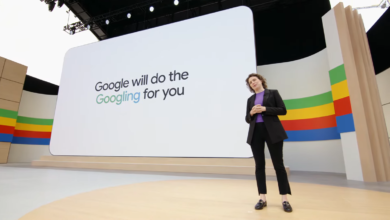Visa looks to generative AI to enhance tokenisation

At Money 20/20 Europe, Mehret Habteab, senior VP of product and solutions at Visa Europe, announced the company generated $40 billion in incremental e-commerce revenue globally, after issuing over 10 billion tokens since their launch in 2014.
Looking at their tokenisation developments, Habteab told Finextra: “Not only is it powering up those merchants with the additional sales conversion, but it’s driving really convenient, secure payment experiences for consumers.”
According to Visa, over 40% of the transactions they process in Europe are completed via tokens. On stage in Amsterdam, Habteab said that Visa are looking towards generative AI. “When you take generative AI and you take tokens, who’ve got the ability to transform the consumer experience before they get to that checkout stage,” she said.
However, Habteab added the caveat that “when it comes to sharing their data, consumers have to be in controlled [environments], they have to have trust and confidence around that in order to participate. That’s really what we’re focused on, which is building this foundation that’s needed to use token technology to secure these data attributes that are shared with merchants in the same way that we’ve done with the with the payment data.”
Habteab also gave the example of tokens being used at tolls in Denmark. In this example, because tokenisation allows for payment credentials to be linked to driver number plates to stay up to date, it led to fewer queues and congestion.
She elaborated on this: “Who would have known the queues that were building up with those frustrated motorists, serious congestion on the public transport network can be eased and easily addressed by ensuring that payment credentials are maintained and up to date?”
Looking to the future of tokenisation, Habteab stated that Visa’s primary goal moving forward is ensuring merchants and consumers can “enjoy” tokenisation. She said: “There is still a huge wave of transactions out there that can be more secure and more frictionless, more convenient for consumers.”



